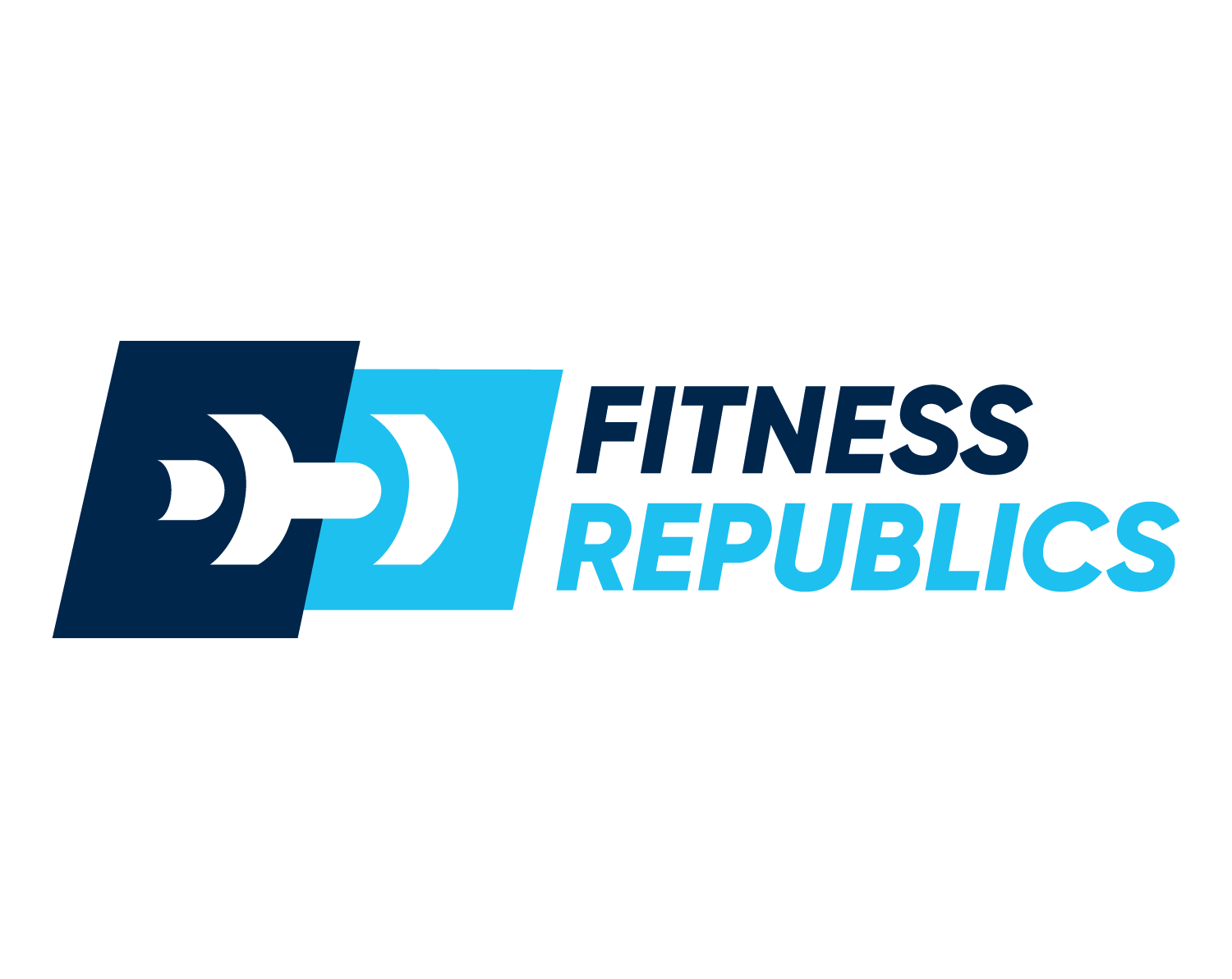Whether you’re looking for delicious or nutritious, this list has you covered. Here are 8 foods that offer a big nutritional punch. Incorporate them into your diet to lower your risk of disease, up your vitamin and mineral intake, and fuel your day with fiber-rich, protein-rich food that’s as tasty as it is good for you. Add one to your next meal and reap the benefits right away.
Quinoa
Though a healthy addition to any diet, quinoa is a particularly good option for vegetarians and vegans thanks to its high protein-to-carbohydrate ratio. With 8 grams of protein in one cup of cooked quinoa, it’s is a complete protein. Quinoa, which is botanically related to beets, chard and spinach, is what the Whole Grains Council refers to as a “pseudo-cereal”; it’s prepared and consumed like a grain and has a similar nutritional profile, but technically isn’t a cereal grain. This versatile ingredient is used in many recipes, from patties to salads to oatmeal.
Blueberries

In addition to being delicious, blueberries have a high level of antioxidants, which protect against free radicals. Think of free radicals as damaged cells. When antioxidants remove these free radicals, the body is protected against cancers, aging, degenerative diseases and infections.
Kale
You may have read about recent backlash against what was previously known as America’s favorite superfood, but nutritional experts still agree that kale is a go-to source of dietary fiber, protein, thiamin, riboflavin, folate, iron, magnesium, phosphorus, Vitamin A, Vitamin C, Vitamin K, Vitamin B6, calcium, potassium, copper and manganese. In short, it’s still a superfood. Looking for a fun recipe? Try this cilantro-kale pesto.
Cauliflower
Anyone who spends time on Pinterest recipe boards knows cauliflower is making a comeback. No longer relegated to a mere side dish, cauliflower is now the star in everything from pizza crust to macaroni and cheese. What makes cauliflower such a superfood? The George Mateljan Foundation links cauliflower’s ability to support the body’s detox, antioxidant, and anti-inflammatory systems to a reduction in several types of cancer.
Eggs

Rich in Vitamins B, A, D and B12, eggs are a high-protein food that contains all 9 of the essential amino acids. Though we typically associate eggs with breakfast and brunch, this versatile food can easily be added to salads, grains, pasta and sandwiches.
Tomatoes
That deep red color in tomatoes is thanks to its lycopene, another antioxidant that helps to remove free radicals and has been linked to a reduced risk of stroke, heart disease and some cancers. Dr. Andrew Weil, MD notes in his vitamin library that the most prevalent source of lycopene in our American diet is tomatoes and tomato-based prepared foods.
Almonds
With 6 grams of protein per ounce and 3.5 grams of fiber, almonds have taken a permanent seat at the super foods table. And super food may be an understatement: their low glycemic index may help to reduce the risk of diabetes and the Almond Board of California notes that almonds are a top food source for vitamin E, which helps with heart health. A great addition to salad and oatmeal, almonds also make a tasty snack on their own.
Avocados

Avocados have a high monounsaturated (or “good”) fat content that helps reduce levels of bad cholesterol and may lower the risk of stroke and heart disease. They’re rich in potassium and Vitamin K, and 11 grams of fiber in one serving brings you close to half of your recommended daily fiber intake. Think beyond guacamole and add avocado to sandwiches and eggs – or whip them in a food processor to add as a creamy dressing to salad or pasta.
There’s no need to sacrifice on taste when eating well. Be creative and you’ll find countless ways to incorporate these 8 superfoods into your diet. Get in the kitchen and have some fun with it. Here’s to healthy, happy eating.


